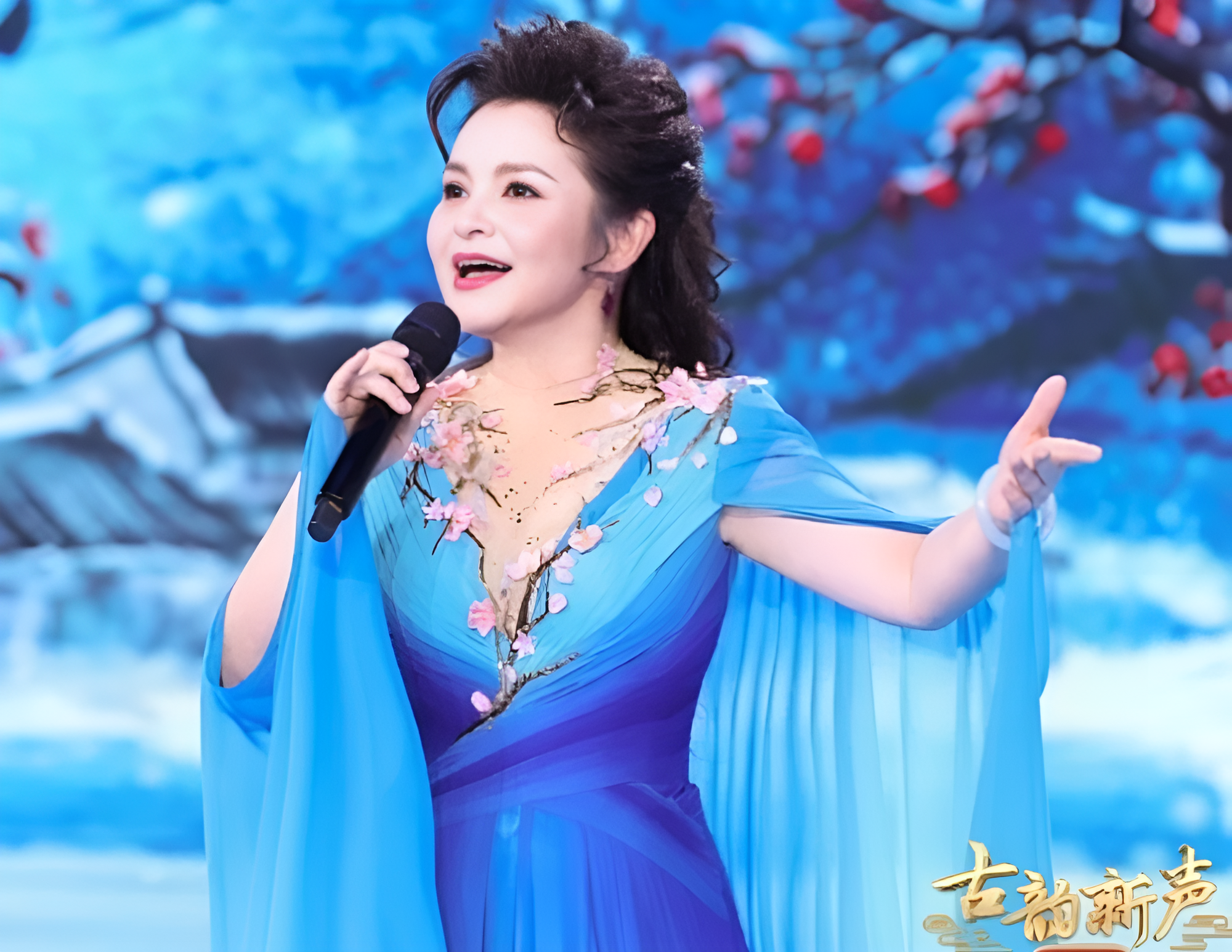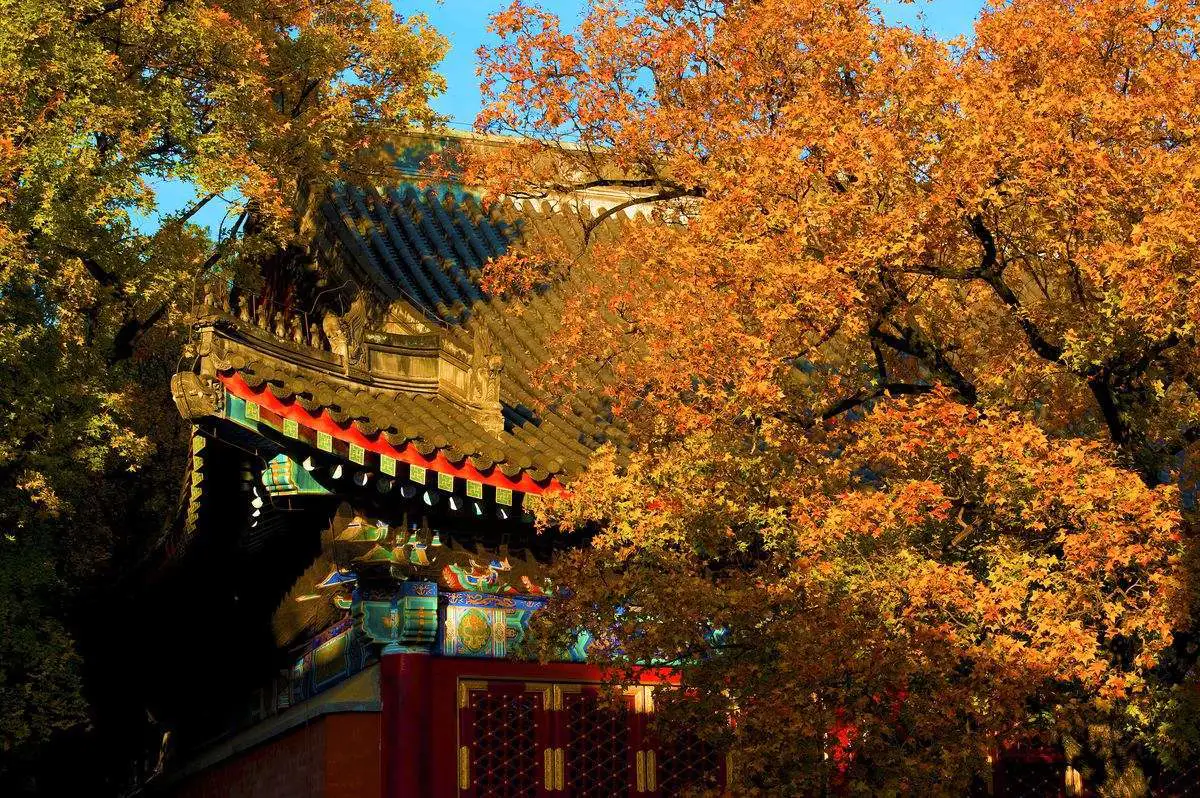



Dominio de Pingus is a Spanish winery located in Quintanilla de Onésimo in Valladolid province with vineyards in La Horra area of the Ribera del Duero region. The estate's flagship wine, Pingus, is considered a "cult wine", sold at extremely high prices while remaining very inaccessible,[1][2] and commands an average price of $811 per bottle.[3]
The winery also produces a second wine, Flor de Pingus, and a special cuvée, Ribera del Duero "Amelia". Recently, Dominio de Pingus has founded a joint project with local grape producers to make an old vine tempranillo called "PSI".
Dominio de Pingus was established in 1995 by Danish oenologist Peter Sisseck, also manager of the Pesquera de Duero estate Hacienda Monasterio.[4] On the estate's winemaking philosophies, Sisseck has stated, "The vines in my plots are very old. They have never been fertilised nor treated with pesticides and all grow following the traditional en vaso system. They are perfect."[4]
About the first 1995 vintage of Pingus, Robert Parker declared, "One of the greatest and most exciting wines I have ever tasted".[5] With a very limited first vintage production, only 325 cases were made with prices initially set at US$200 per bottle, it became yet more scarce when in November 1997 the ship transporting a U.S. bound shipment of 75 cases disappeared somewhere off the Azores in the North Atlantic Ocean.[6] The shipwreck resulted in a dramatic reaction in the US market, with prices soon rising to $495 per bottle.[5][6]
At the Ronda WineCreator conference of April 2008, Sisseck was angered by suggestions by Decanter editor Guy Woodward that some winemakers make wines to suit the palates of certain critics. In response he called Woodward's remarks arrogant for implying winemakers do not have their own opinions, adding, "I don't even think it is possible to do this."[7]
In 2007 it was announced that the Spanish government had approved plans to expand highway roads through the vineyards of Dominio de Pingus and other wineries, which was met with strong opposition by Sisseck who called it a "vengeful measure".[8]
Planted with very old vines of Tinto Fino, i.e. Tempranillo, the vineyards are 2.5 hectares (6.2 acres) in Barrosso with vines exceeding 65 years and 1.5 hectares (3.7 acres) in San Cristobal with vines older than 70 years, and the unusually low average yield of 12 hL per hectare. Since 2000, the viticulture has been biodynamic. Of the annual production of Pingus there is typically less than 500 cases, though in poor vintages no Pingus is made.
The production of the second wine Flor de Pingus, also 100% Tempranillo, is made with fruit from rented vineyards in the La Horra zone, with vines older than 35 years. Since the 2005 vintage, the viticulture has been biodynamic. The annual production is on average 4,000 cases.
Additionally there has been the single barrel cuvée, Ribera del Duero "Amelia", made from a vineyard parcel of 100+ year old vines with an average yield of 10 hL per hectare, with biodynamic viticulture since its initial 2003 vintage. The 2005 vintage had a production of 25 cases.
"PSI" is a joint project based on fruit produced by local grape growers from old tempranillo vines. The goal is to help grape producers and save old vines. Project was founded in 2006, first vintage was 2007. Grape growers are encouraged to employ biodynamic or organic vineyard management practices. The wine is made by Peter Sisseck and Pablo Rubio and sold under producer name Bodegas y Viñedos Alnardo. Vinification takes place in large concrete vats and aging in concrete and wooden tanks and oak barrels. Production of PSI 2009 was 9,600 cases, PSI 2010 was 16,600 cases.

旅馆寒灯独不眠,客心何事转凄然。
故乡今夜思千里,霜鬓明朝又一年。
译文及注释
住在客栈里,独对残灯,睡不着觉。不知什么缘故,诗人的心情变得十分凄凉悲伤。
在这除夕之夜,想象故乡人思念千里之外的自己的情景,而明天又要增加一岁,新添不少白发啊。佳节思亲是常情,历来如此。但除夕之夜,“独不眠”、“转凄然”、“思千里”,还有一层意思:到了明天,就又增加一岁,包含了诗人年复一年老大无成的伤感。
译文
旅馆里透着凄冷的灯光,映照着那孤独的迟迟不能入眠的客人。这孤独的旅人是为了什么事情而倍感凄然呢?
故乡的人今夜一定在思念远在千里之外的我;我的鬓发已经变得斑白,到了明天又新增一岁。
注释
除夜:除夕之夜。
客心:自己的心事。转:变得。凄然:凄凉悲伤。
霜鬓:白色的鬓发。
明朝(zhāo):明天。





我将真心付给了你
将悲伤留给我自己
我将青春付给了你
将岁月留给我自己
我将生命付给了你
将孤独留给我自己
我将春天付给了你
将冬天留给我自己
爱是没有人能了解的东西
爱是永恒的旋律
爱是欢乐泪珠飘落的过程
爱曾经是我也是你
我将春天付给了你
将冬天留给我自己
我将你的背影留给我自己
却将自己给了你
我将生命付给了你
将孤独留给我自己
我将春天付给了你
将冬天留给我自己
爱是没有人能了解的东西
爱是永恒的旋律
爱是欢乐泪珠飘落的过程
爱曾经是我也是你
我将春天付给了你
将冬天留给我自己
我将你的背影留给我自己
却将自己给了你



牵住你的手相别在黄鹤楼
波涛万里长江水送你下扬州
真情伴你走春色为你留
二十四桥明月夜牵挂在扬州
扬州城有没有我这样的好朋友
扬州城有没有人为你分担忧和愁
扬州城有没有我这样的知心人
扬州城有没有人和你风雨同舟
烟花三月是折不断的柳
梦里江南是喝不完的酒
等到那孤帆远影碧空尽
才知道思念总比那西湖瘦




爆竹声中一岁除,春风送暖入屠苏。
千门万户曈曈日,总把新桃换旧符。
译文及注释
译文
爆竹声中旧的一年已经过去,迎着和暖的春风开怀畅饮屠苏酒。
初升的太阳照耀着千家万户,都把旧的桃符取下换上新的桃符。
注释
元日:农历正月初一,即春节。
爆竹:古人烧竹子时使竹子爆裂发出的响声。用来驱鬼避邪,后来演变成放鞭炮。一(yí)岁除:一年已尽,“一”字用在第四声(去声)字的前面时,“一”变调,读第二声(阳平)。除,逝去。
屠苏:亦作“屠酥”,“屠苏”本来是一种阔叶草,南方民间风俗,有的房屋上画了屠苏草作为装饰,这种房屋就叫做“屠苏”。另一种说法是指屠苏酒,饮屠苏酒也是古代过年时的一种习俗,大年初一全家合饮这种用屠苏草浸泡的酒,以驱邪避瘟疫,求得长寿。
千门万户:形容门户众多,人口稠密。
曈曈:日出时光亮而温暖的样子。
桃:桃符,古代一种风俗,农历正月初一时人们用桃木板写上神荼、郁垒两位神灵的名字,悬挂在门旁,用来压邪。也作春联。













